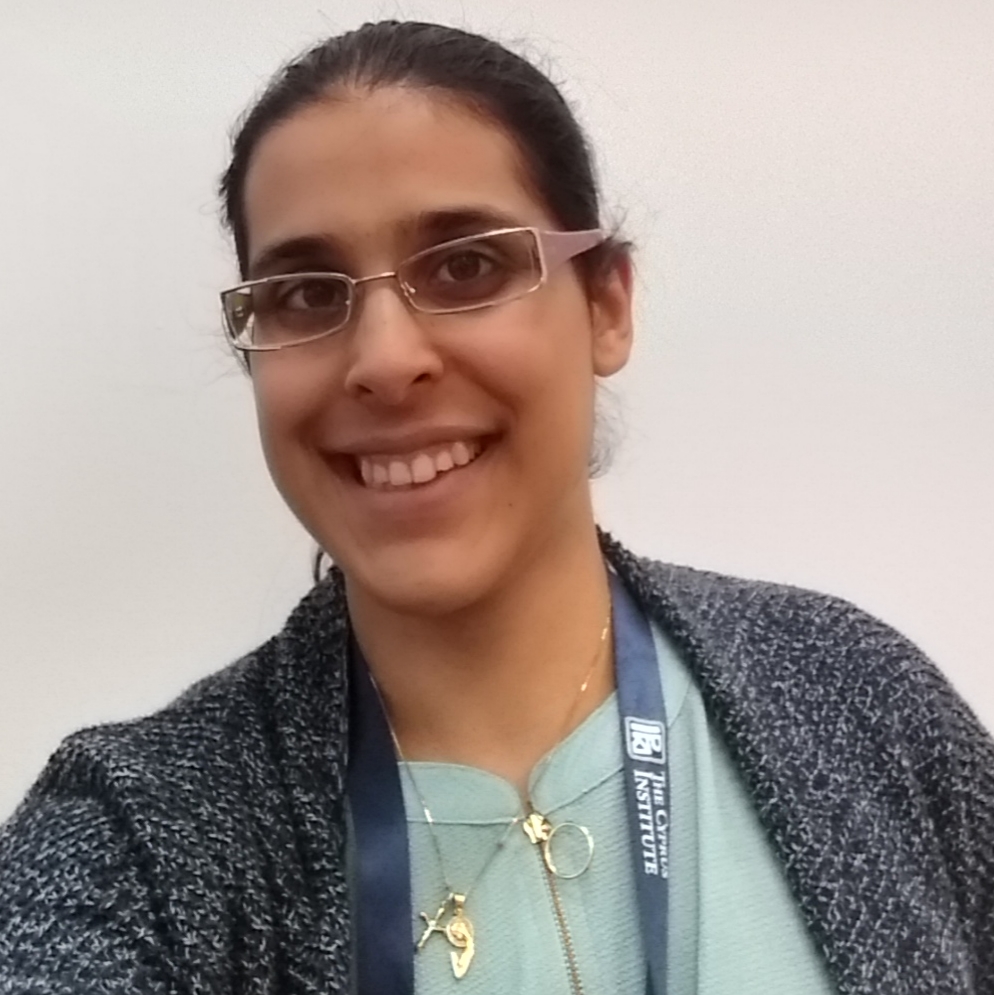 |
Dr. Panayiota Katsamba Dr. Katsamba is an applied mathematician with expertise in modelling the microscale mechanics arising from the interactions of fluid, elastic and chemical phenomena. Her research lies at the interface of physical mechanics, biomedicine and microengineering. She studied mathematics at the University of Cambridge, from which she graduated in 2014 with a BA (First Honours) and MMath (Distinction). She obtained her PhD in Applied Mathematics under the supervision of Prof Eric Lauga at the Department of Applied Mathematics of the University of Cambridge. Her doctoral thesis is titled `Biophysics of helices: Bacteria, viruses, and devices'. During her doctoral research (2014-2018), she explored the microscale mechanics of the motion of bacteria, viruses and magnetic micro-robots. Following her doctoral studies, she held the position of Research Fellow at the University of Birmingham, working with Dr Montenegro-Johnson. During her postdoctoral research at Birmingham (2018-2020), she developed “Slender Phoretic Theory” for the study of chemically active filaments that offer novel control capabilities for microbots through shape transformation. She joined the Cyprus Institute in the summer of 2020 as a Research Fellow in the SimEA research team. Her research focuses on the development of data-driven, multi-scale computational approaches for the modelling of molecular systems.Over the years, she has been involved in collaborative projects with the private sector and industry. Furthermore, she is the CyI representative of the "European Mathematics in Industry" (EU-MATHS-IN) network, to which she was recently elected as chair of the committee. All the above make her highly suited to her current role of managing coordinator, in which she works towards forging collaborations with industry, one of the major objectives of the SimEA project.
|
